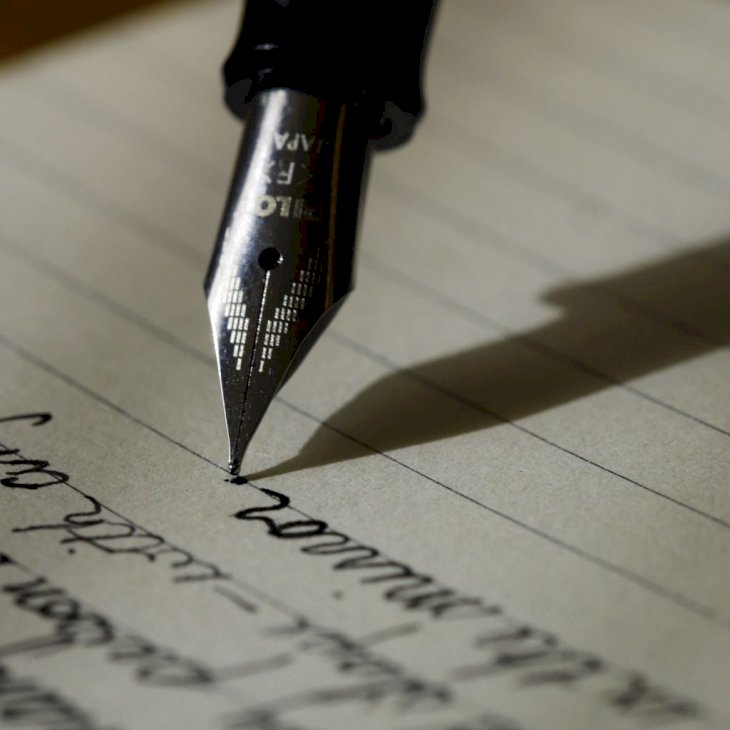
Exploring The Benefits Of Journaling For Those With Anxiety
The benefits of journaling are many, and they go beyond anxiety release — for instance, it enhances overall well-being, improves your memory and creativity. Let’s explore more of them?
The old idea of having a diary is just for teens are long gone. Because science has already proved a myriad of benefits for our mental health — and the word has spread far wide.
Entering the adult world, journaling can result in many positive outcomes and improvements to your quality of life. Many people have been using journaling as a form of expression, getting in touch with their deeper feelings, and decluttering the mind. Journaling can help those suffering from anxiety disorders, and here are the primary outcomes of a consistent practice:
Journaling Can Reduce Depression and Anxiety

Photo by Prophsee Journals on Unsplash
Journaling can work as an incredible stress management tool. Studies have already shown that 15 to 20 minutes of journaling three times a week over the course of four months was enough to reduce blood pressure and improve liver functionality.
It Helps To Declutter Your Mind

Photo by Ava Sol on Unsplash
Writing down your thoughts, feelings, and emotions gives you a break to reflect upon them. This allows you to analyze them without attachment neither judgment. Jotting down whatever is in your mind (and body), whether physical or mental, brings ease and peace to a busy mind.
It Sharpens the Memory

Photo by Haley Powers on Unsplash
A study published by the University of Cambridge shows that expressive writing (without editing) boosts memory and elevates overall comprehension. On top of that, it keeps the memory sharp as it helps the writer to organize and structure memories.
It Helps The Brain To Regulate Emotions

Photo by Thought Catalog on Unsplash
As mentioned, jotting down your words on the paper will allow you to tune in with inner emotions and personal needs. Through self-expression comes self-analysis, which helps the brain regulate emotions. Journaling is able to help the writer manage personal adversity and change their perspective.
It Helps With Problem-solving

Photo by Aaron Burden on Unsplash
Typically we problem solve from a left-brained, analytical perspective. But sometimes, the answer we’re looking for is located in the creative and emotional side of the brain, the right side. Writing helps you tune with the other part of the brain, bringing a new perspective to a possible solution.